The expression that “hindsight is 20/20” has even more relevance when we consider our last year — pun totally intended.
While the COVID-19 pandemic isn’t over, we can still look back on the past year and a half to reflect on what it’s revealed about our society. Among many of those revelations, one of the most glaring is how disproportionately different people were affected. Virtually everyone was impacted by the pandemic. Point blank, period.
But from a medical, economic, and social standpoint, communities of color have experienced a disproportionate share of the burden. The same could also be said for the entertainment industry, with historically low box office returns, constant delays of film releases, and the long-awaited return of live theater.
Caught directly in the middle of this intersection, we have the Black theater industry.
To learn more about how Black theater companies and Black theater, at large, have made it through the pandemic, we sat down with Desean Terry (The Morning Show) and Sophina Brown (Numb3rs & Shark) to talk about Collaborative Artists Bloc, a Los Angeles-based theater company that “brings dynamic and immersive performing arts experiences to communities of color.”
To start us off, could you each tell me a little bit about your own involvement with Collaborative Artists Bloc and what inspires your work there?
Desean Terry: Well, I’m one of the artistic directors of Collaborative Artists Bloc. I started it out of a need to see the type of theater that I was interested in and that was talking about things that I felt were impactful to the community. I’m from Belize originally, but I grew up studying theater in South Central, believe it or not. It had a little acting school there that was right at the corner of Stocker and Crenshaw. And 100 percent felt like I came into my voice as a person, as an artist, through the work that I was doing.
As I’ve gotten older and moved into the entertainment industry, what I began to see is just this huge, huge gap between just all the people that I knew and grew up with, all these Black and brown artists, all these really, really talented voices, and just this huge gap from the community I was in over there in comparison to working in film and TV, or even theater, in Los Angeles.
For me, it really is this huge thing of how we should have more of these people involved in this industry. And they were just knocking at the door and it just would not let them in. And so with that, I realized that we would do theater pieces written by playwrights like Lorraine Hansberry, and the audience would be all-white. And I’m like, how are we doing this work, but we’re not actually edifying the audience that needs to be edified by this? It felt a little, to be quite frank and honest, it felt like child’s play.
I knocked on a couple of doors and nobody else wanted to do the plays that I wanted to do. Or in order to get the play done, there was this huge litmus test that you had to go through for years as a playwright.
Sophina Brown: I came to know the work of Collaborative Artists Bloc through an incredible production called American Saga: Gunshot Medley. I was completely blown away by not just the themes and the topics that the piece covered but also, just to be completely honest, Desean directed it brilliantly. It was one of the most visually stunning pieces I have ever seen in an intimate theater in Los Angeles. And he did such an incredible job just bringing out exquisite performances from the cast and really telling a beautiful story that was timely and, unfortunately where we are right now, it’s really relevant and will continue to be probably for many years. That being said, I started having conversations with Desean and asked him if he would be on a panel speaking about the state of Black theater in Los Angeles. And we did that in a town hall format in West Hollywood before COVID.
And from there, our relationship grew and we just are always talking about ways to uplift and elevate the visibility and the awareness of how crucial Black theater is in Black communities and everywhere. And so he asked me to sit on the board of CAB, and of course, I accepted the invitation with glee because it’s one of the most important theater companies in Los Angeles right now. The work that they’re doing, everything that they did around the COVID Effect recently a few weeks back, just opening up community dialogues and really digging deep to change hearts and minds. Anytime people are doing that type of work, I want to jump and be a part of it.
Terry: Can I just jump in real quick and say that for Gunshot Medley, we of course have to mention Dionna Michelle Daniel, who is the playwright of that. I can’t even think about that play without both getting chills and emotional at the same time. Dionna wrote that play I believe when she was 21-years-old. And for me, that was one of profound sadness and also the joy of that play, because the images that were moving people, that were stirring them, came out of the heart, mind, and soul of a 21-year-old.
What role, or maybe responsibility do you feel artists of color and creatives of color have when it comes to telling their own stories? Both in times of turmoil, but also in times of celebration, because those may be overlooked sometimes as well.
Terry: I’m not a person that really likes to tell people that you have a responsibility to do something. That’s just not who I am as a person. I would love for people to feel like they have a responsibility. I mean, what I do say is if you don’t do it, if we don’t do it, then who’s going to do it? Because the world seemed to function so easily — and it’s not like we’re not hearing Black and brown stories — but the world seems to function so easily with telling Black and brown stories, primarily through white institutions.
That’s a very comfortable place for the world to be in. So, as artists of color, if we don’t start to say, ‘Let me guide this story. Let me lead this story. Let me create this story.’ Or also say, ‘I need to see a story, or I need my kid to see a story where blackness is center. Let them see a universe where they are at the center of that universe.’ Then how are we going to get it across and how are we going to nurture and build the society that I think we want.
Brown: I wholeheartedly have to co-sign on that. And just say too that it is about keeping the authenticity and the integrity of these stories when they are, historically speaking, exactly like Desean said, white people have put themselves in the position of custodians and keepers of Black and brown storytelling. I would say, rather than using the word responsibility, I would hope that we all have a calling as artists, as Black artists, to fulfill and to really make sure that all of us who may be aware of people like Desean or of companies like CAB that are doing just that. Becoming the center, becoming the central storyteller, that all of us Black and brown artists rally around these companies and Black artists and champion them, and make sure that we are supporting not only with our finances but with all of our resources. Our time, our energy, our focus. We want to make sure that theater companies like CAB who are led by black and brown artists have as much support as they possibly can get.
Terry: And me and Sophina, we were just talking about how do we create or allow for Black theater companies to be as attractive or more attractive than white institutions.
I’m a theater artist and I also do film and TV. But, right now, I have two theater gigs that I’ve lined up that I’m excited about, right. I’m doing Seven Guitars at A Noise Within Theater. And I’m also going to be directing an opera of the Central Park Five at the Long Beach Opera House. And nothing to do about these organizations, but there we go. My year is signed up based on work at white institutions. Now, fortunately, I believe that I’m working at two institutions that are trying to do the work.
Last night we had our first rehearsal. The dialect coach came up to me and she says, ‘Okay, I’m going to talk to you about Black Southern speech. And I need to acknowledge that I understand that I’m a white woman, and I’m going to be talking about something and help to guide you in something that you probably have way more understanding in terms of a different understanding and nuance of it.’
And I appreciate that. I appreciate that door of entry. Because it is. And I know her, so I know she’s a great person. But I do experience that sometimes when you go into the room. Before that even was a thing. That you would be sitting there as a Black person and a white person would be telling you, ‘Well, is it really like that?’ And start to guide and manipulate how you tell your story, your experience, as a person of color. And that was the norm. Before COVID, that was the norm. So the fact that that’s starting to happen is great.
That’s the total opposite of what we used to hear stories about Black actors going to auditions and being told to ‘do it black’, or ‘do it like this’, or have someone dictate to them what their own culture is. And you could say, this is definitely progress in a lot of ways.
When it comes to the theater industry having to slow things down and also being a people of color in this country where, for a while there, it seemed like people were more willing to hear what we had to say and hear our stories from us more than they were before… When it comes to being in between those two separate issues, where do you think CAB falls?
Terry: Well, there’s a part of me that feels like it’s on-trend. We didn’t start the organization because we felt like it was on-trend. Like I said, we felt like it was a necessity. And I’m also trying to, as an artistic director, I’m trying to also capitalize on the moment. And sorry if I’m jaded, but I have a hard time. I have to be judicious about when I feel like someone is just saying something in comparison to someone who is really truly changed. And for me, true change happens when it’s not just about putting up a sign or poster that says, ‘Yeah, Black lives matter’, or ‘We’re going to do more Black shows and more brown shows.’
And it’s not just that. I really want to see when I go into a room, I want to see that the designers are mixed. I want to see the staff has Black and brown folks. That I want to see literally that representation has infiltrated within the organization.
There have been so many times I have been on a Zoom session, I’m not going to call anybody out right now, but I have been in a Zoom session and we were doing EDI work and everyone on the call is white. It’s just your organization is all white people. And we’re here and we’re doing EDI work, but you know what you need to do. You need to have representation. Not just sign up for a workshop.
So with that said, to answer your question, I feel like CAB is trying to utilize this moment. By the way, me and Sophina also work in an organization that she helms called Support Black Theater. So we did a lot of work that way in terms of supporting the entire Los Angeles theater community.
What were some ways in the past year and a half with the pandemic and more attention is focused on social justice and everything, did you see evolution in Black theater, and in that evolution is there anything that you think could actually carry on for the future?
Brown: I think in terms of something that really excites me, particularly in Los Angeles but I’m seeing it on the national level as well, is people come together in community, even in partnerships, and really coming together to support one another as Black organizations. And what has happened I think, historically, especially in Los Angeles, is that we always operated in our own individual silos. And what has been happening now since COVID is that we’re really coming together to build and to create with one another.
Even though we all have these separate companies, we know that overall the goal is for the collective to move forward. And you’re seeing that with things even like the Black Seed, which was an unprecedented grant opportunity and focus of the Black theater field. Nationally that the entire field has come together and they’re doing things and the Black theater network is continuing its work. And there are all of these really incredible alliances being formed within our community to push the larger sector forward.
Terry: For me, there are two parts for me for the answer to that question. The first part is that, unfortunately, Black theater itself, I have not seen it evolve. Actually, I’m concerned that the opposite of that is going to occur because we’re just now coming back from COVID. My deeper concern is actually that we’re going to fall further behind. And the reason for that is during this time, already Black theaters and Black art received less funding.
Brown: It’s a huge gap. I could get off into the mathematics of it and the statistics, but I don’t want to do that. I think it’s 82% of funding goes to white institutions. And then all other institutions are fighting for what is left over, that other 18%.
Terry: And nationally we have two black theaters that have a full season, correct? Is that the right number?
Brown: Three.
Terry: Three. So to really break it down, where we see all these theaters with full seasons — five, six plays whatever — there are only three theaters in the entire United States that are Black theaters that are providing that has the funding to do that.
That was before COVID. What happened with the entire nation is that the income gap grew. So actually that problem in and of itself, is that if the white institutions were just able to sit on the money and not spend money and save money or even earn more money during COVID, and the Black institutions were losing funding, then coming back from COVID we actually have a serious problem.
But if there is evolution, right, which I think is yet to be seen, what Sophina is talking about is true. Because I think what happened during, for hopefully I think for all of America, is that during COVID that final strand of this lie of a post-racial America fell apart. It fell apart when we really witnessed and saw how this pandemic was impacting people, and then how the previous history of injustice and systemic racism, how that created that problem. It really made us start to look at things as a whole. I think it became a point of a call to action I know for a lot of people that I know.
Then I’m a part of other organizations like the BIPOC theaters of, artistic directors of Los Angeles. And we’re now looking at things like group funding. Because if we’re able to get funding for the entire community and really focus on how great the gap is between what our theaters are getting and what are typically given to white-led art institution, then we actually also get to prevent some ways of that systemic racism lives, like some of the things that happen or tokenism. Where there’s just one institution, right. That one institution gets some funding and people get to rest their hats and say, ‘Hey, no, there’s no problem here. Look at that place.’ But when we’re doing it as a group, then we prevent things like tokenism so that we make sure that the entire community is rising up. So hopefully that will help us.
We’ve looked at the past and we’ve done a lot of looking at the present. When it comes to looking towards the future, when it comes to both of your respective careers, how do you plan to help the evolution of black theater?
Brown: There is a community of incredible, art-centered, and untapped potential in the Black community in south Los Angeles. I think that what we’re really trying to do is create more awareness and visibility. That Black theaters in these communities we hope will become just like the church. Will become beacons for the community where people will come in and not only find community, not only find relationships but also find economic opportunity. Because the thing is, is that most people who are working in television and film started in theater. They grew skills in theaters all over the country. And whether that was in an academic setting, studying, in a university or a college theater setting, or whether it was going to the community theater and learning everything from lighting to sound to stage management or whatever, those skills then translated into a very lucrative career in television and film.
However, you still have a television and film environment that is predominantly white. So we’re hoping that by creating more opportunities in Black theaters that are serving the Black community, we’ll start to fill the field, so to speak, with Black and brown youth. And that people will start coming in and seeing that the skills that they already possess can be utilized in the theater. And then can translate and go to television and film, which is right in our backyard here in Hollywood. So hopefully we will be able to establish not just visibility, not just awareness, but a workforce pipeline that directly leads to just more representation in theater and television and in film.
Terry: For me, it’s more so a personal statement for myself, a personal mantra. I’m really challenging myself to just be bolder. To be bolder about what I see, things that I’ve experienced previously, pre-pandemic. To really speak up more and call things out. Example being, I feel like 2020, it might sound cliche, but it was 20/20 vision. So we really saw what was going on. And so for me, simple things like last night I was at rehearsal and I was saying to myself, ‘Okay, it’s a theater. It’s at a white institution. But I need to really speak up and start talking to them immediately about how are we going to get some student groups in here?’ Because I know that when I was a kid and I saw that August Wilson play for the first time, I’m not kidding you, I know that the Holy Ghost came in and I was just rocked.
And I was like, ‘Who are these people? What is this?’ And I was profoundly changed. So I need to make sure that that happens. Even though it’s at a white institution, I need to make sure that that happens. And what’s also great about now is that I do feel that greater sense of camaraderie with Black artists that I know that we can get together and say, ‘Let’s take those bold steps together.’
So I’m just committing myself to, even if it’s just small little steps or small things that I do, to speak more boldly about the issues and the problems that I see. Because again, if I don’t do it, who is?

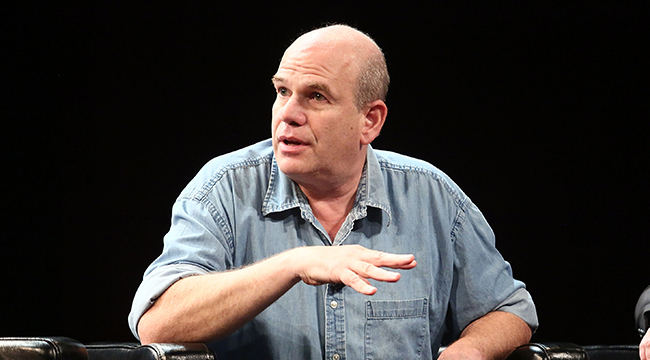
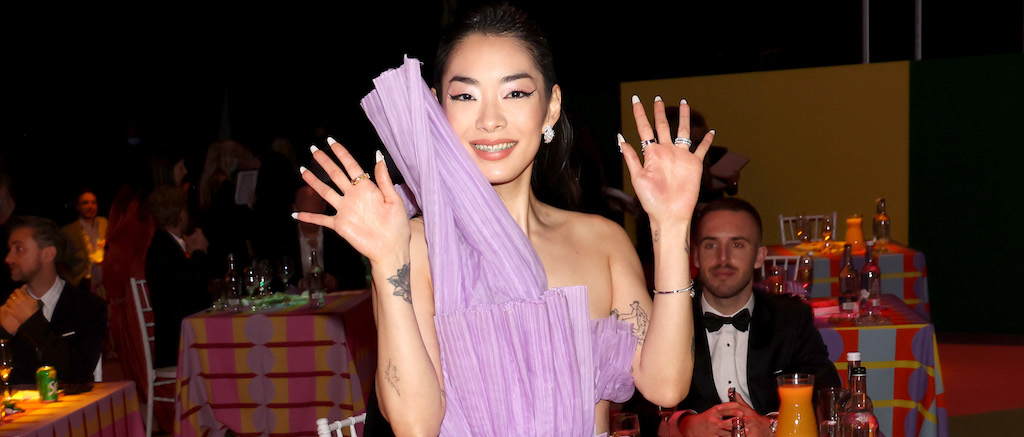

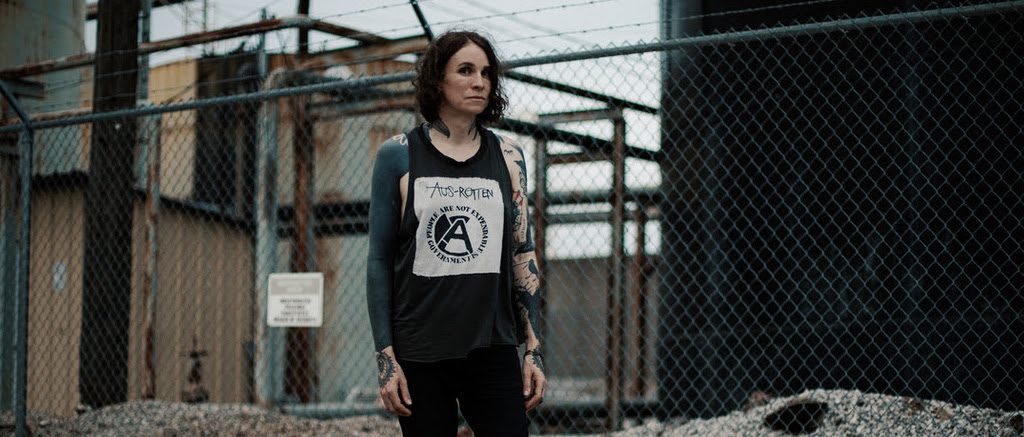

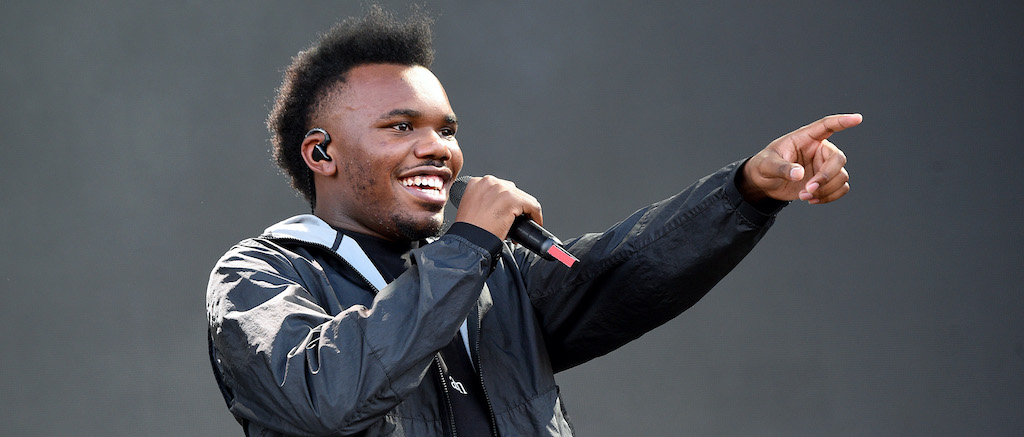
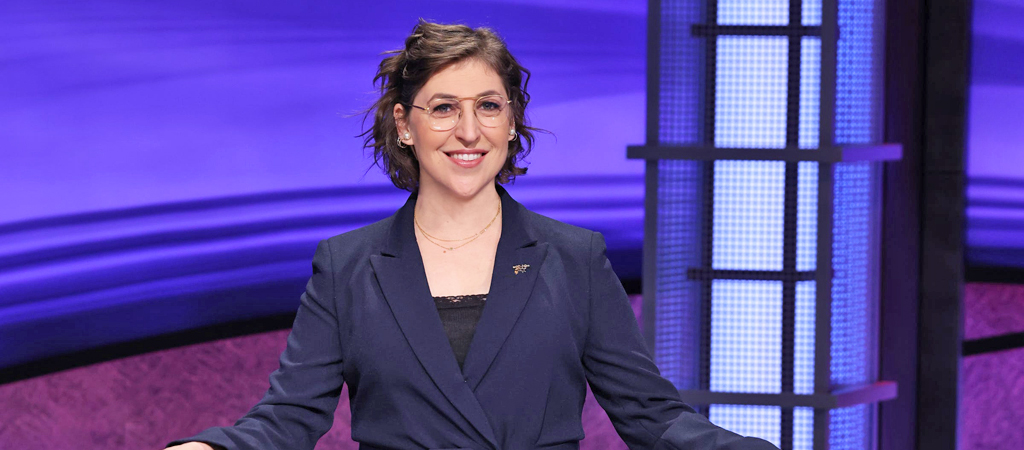
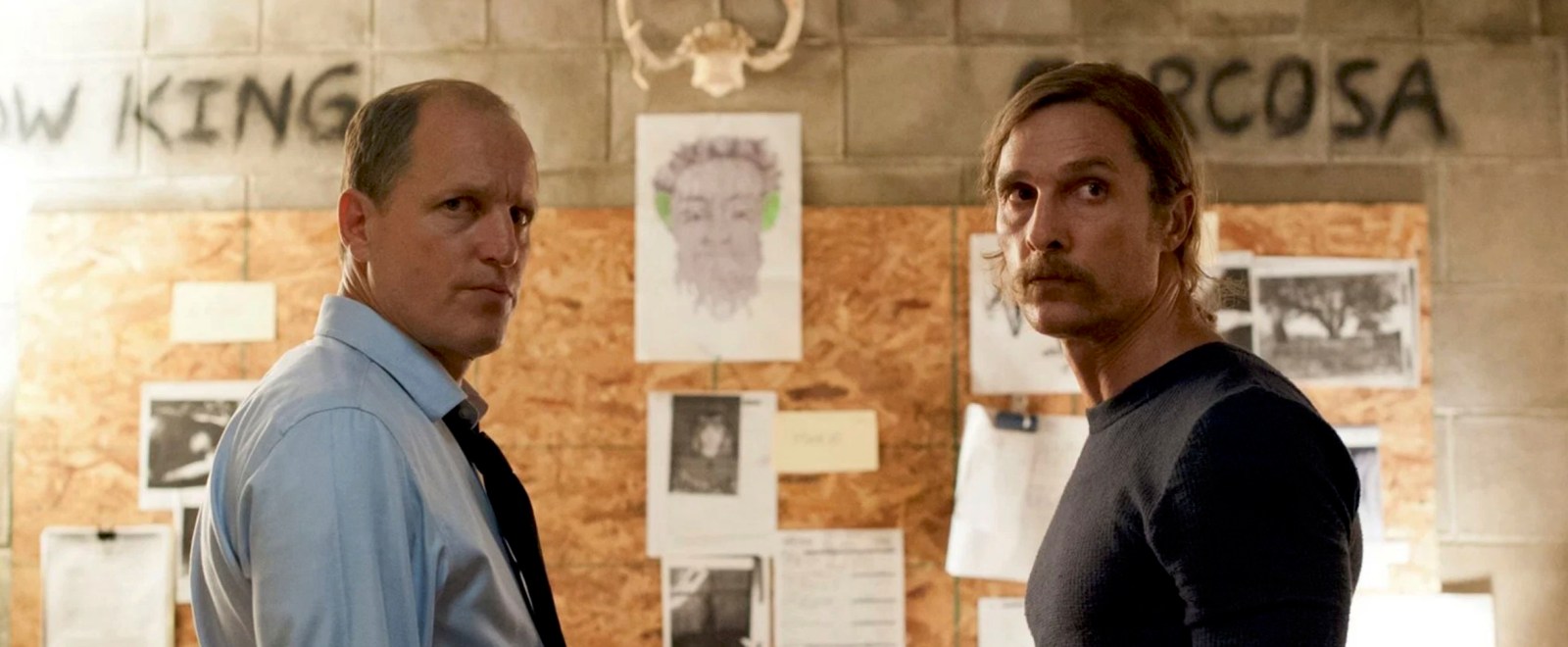
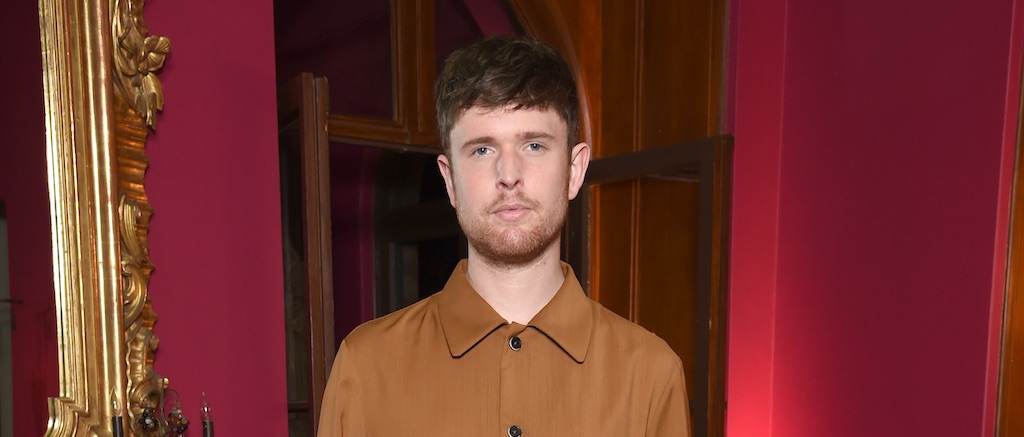

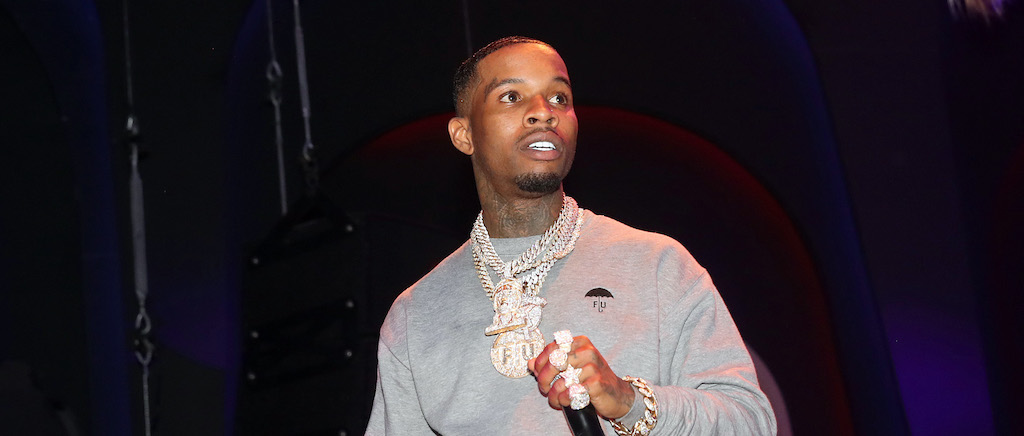

 ︎𓆪 (@lunetdehaan)
︎𓆪 (@lunetdehaan)